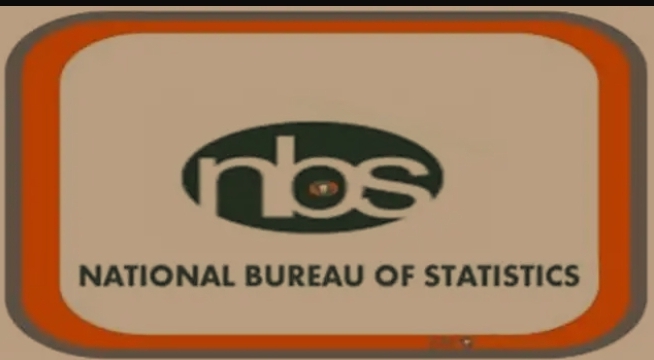By Tambaya Julius, Abuja
A recent report by the National Bureau of Statistics (NBS) has spotlighted alarming levels of corruption among public officials in Nigeria, naming the police, civil servants, Federal Road Safety Corps (FRSC), and healthcare workers as the most corrupt in 2023.
The report, entitled “Corruption in Nigeria: Patterns and Trends,” estimates that cash bribes paid to public officials in 2023 amounted to a staggering N721 billion (about $1.26 billion), which is 0.35% of Nigeria’s Gross Domestic Product (GDP).
This figure underscores the extensive nature of corruption plaguing the nation.
On average, Nigerians paid N8,284 in bribes during the year. This is a significant increase from the N5,754 average bribe size reported in 2019, indicating a growing burden on the average citizen.
Despite the pervasive corruption, there is a silver lining. The report shows that 70% of Nigerians who were asked to pay bribes in 2023 refused at least once. The North-West region recorded the highest refusal rate at 76%, with all zones exceeding a 60% refusal rate.
The report also highlights a shift in public perception, with fewer Nigerians believing that bribery is acceptable for expediting administrative processes. This belief dropped from 29% in 2019 to 23% in 2023.
Furthermore, fewer Nigerians faced negative repercussions for refusing to pay bribes in 2023 (38%) compared to 2019 (49%). This trend suggests a growing empowerment among citizens to resist corrupt practices without fear of retaliation.
Nigerians ranked corruption as the fourth most pressing issue in 2023, following the cost of living, insecurity, and unemployment. This prioritization indicates widespread recognition of the detrimental impact of corruption on society.











